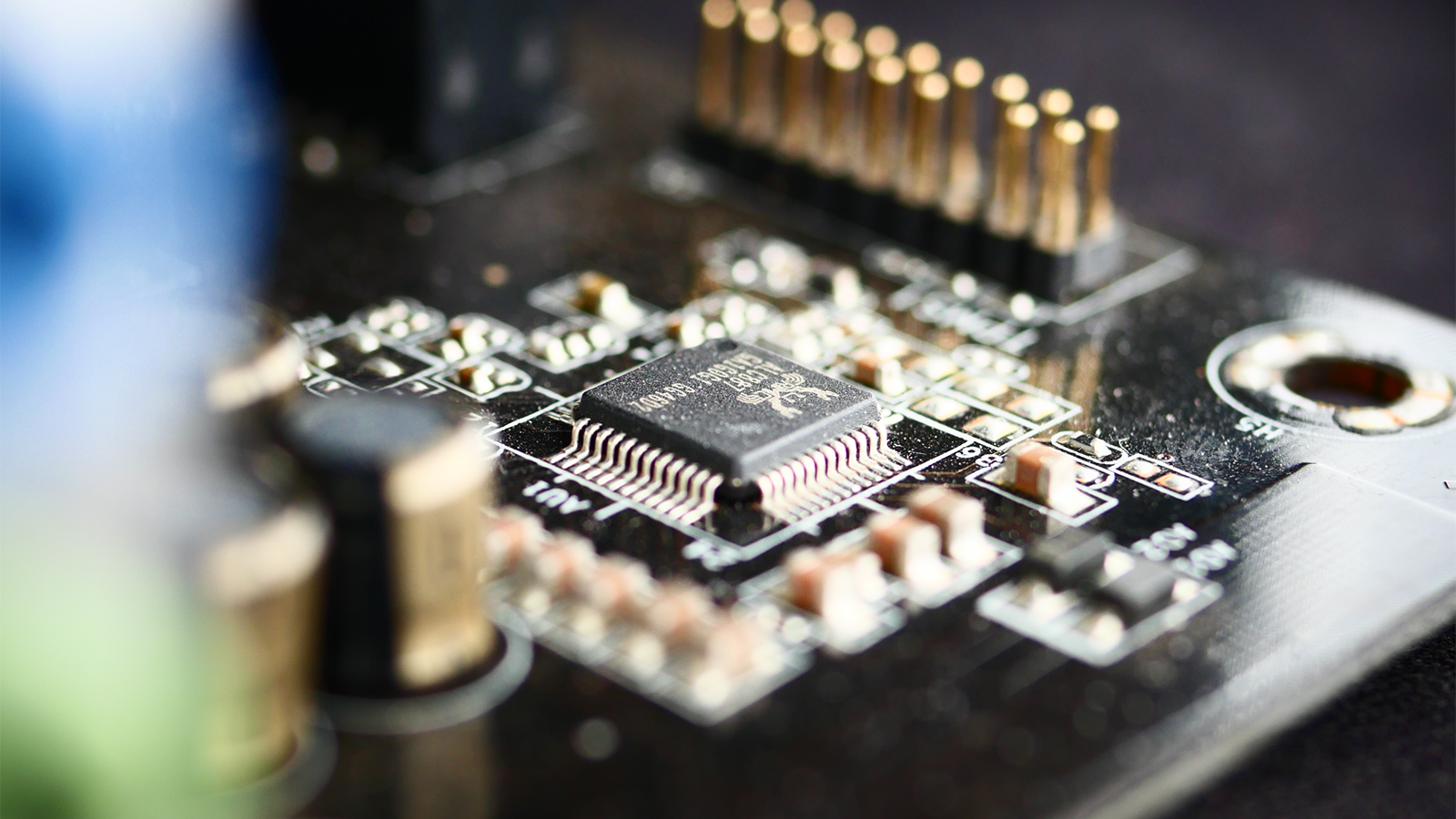
The US is investing heavily in microelectronics. (Photo by Rudolfs Klintsons via Pexels)
WASHINGTON: The Senate today voted 64-33 to advance a bill meant to jumpstart the US semiconductor industry with an infusion of $52 billion in grants and incentives for domestic semiconductor manufacturing and research, and some $2 billion specifically for Defense Department microelectronics.
The Creating Helpful Incentives to Produce Semiconductors and Science bill, also known as CHIPS-plus now heads to the House, which is expected to pass it by the end of the week and send it to President Joe Biden for his signature.
Deputy Defense Secretary Kathleen Hicks applauded lawmakers for passing the bill, saying in a statement today that it’s critical to national security, and will help reinforce America’s semiconductor supply chain and maintain the country’s competitive edge with China.
“Ensuring the military’s access to secure microelectronics, and having the most advanced capabilities that the commercial sector can offer, is vital to national defense,” Hicks said. “We urge House lawmakers to move quickly to vote on the bill.”
Semiconductors are used in virtually every major weapons system and are critical to enabling technologies like artificial intelligence, 5G and hypersonics.
Hicks, in a July 26 meeting with Biden, CEOs and labor leaders, noted that approximately 98% of commercial microelectronics on which the Defense Department relies are assembled, packaged and tested in Asia.
Secretary of Commerce Gina Raimondo said at the meeting that the US used to make 40% of the world’s chips, but now makes about 12% today. The US has fallen “very much behind” China, which has made a more than $150 billion investment to build their own domestic capacity, Raimondo said. National Security Advisor Jake Sullivan characterized the US’s continued dependence on overseas facilities to produce chips as “flat-out dangerous.”
Kea Matory, director of legislative policy for the National Defense Industrial Association (NDIA), told Breaking Defense today that the $52 billion in the CHIPS-plus act is a “positive first step,” and the US should have a “whole-of-nation approach” when it comes to chip manufacturing and onshoring so it doesn’t fall behind China.
China has “a goal of surpassing us in a lot of areas of innovation and technology,” Matory said. “And we have always had a great head start, but we can’t take for granted the fact that we have always been the technological best and we need to keep pace.”
But Matory warned that today’s vote in the Senate doesn’t necessarily solve near-term issues.
“This is helping us for our future, but it’s not necessarily going to fix today’s problem,” she said. “One of the concerns has been that we’re getting the majority of our chips from overseas, primarily Taiwan. And so you have the concern, as you look at Ukraine… If China decided to go after Taiwan, we will lose, possibly, that ability to get our chips.”
NDIA in a July 25 letter to Congress signed by CEO David Norquist urged leaders to pass the U.S. Innovation and Competition Act, or USICA — the name given to the bill before it was rebranded to CHIPS-plus. (The Senate passed USICA last year, but the bill failed to be included in the fiscal 2022 National Defense Authorization Act in November, which led to House Democrats passing their own version called the America COMPETES Act.)
“In the year since USICA originally passed, the war in Ukraine has reduced our stockpiles of weapons, underscoring the need for replenishment. All major weapons systems require microelectronics,” according to the letter, which was provided to Breaking Defense. “For example, there are at least 200 chips in every Javelin [missile] launching system. Compounding this concern, China poses a significant threat to Taiwan that places our country in a further precarious position with limited ability to surge production onshore.”
Matory’s comments and those made in NDIA’s letter closely follow those made by Lockheed Martin CEO Jim Taiclet during the July 26 meeting with Biden, where he said should China decide to withhold its production or inhibit Taiwan from exporting or building chips, the US would have “a serious economic and, eventually, national security issue on our hands.”
Biden in both the July 26 meeting and remarks today backed the bill, saying it will strengthen the semiconductor supply chain and help lower costs.
“The investment now in building more factories to make these chips is going to bring down the price of everything from automobiles to everything across the board,” Biden said. “But more importantly it’s going to create thousands of good-paying jobs. This is good news for America.”
Sullivan says Ukraine supplemental should cover all of 2024, long-range ATACMS now in Ukraine
“We now have a significant number of ATACMS coming off their production line and entering US stocks,” Jake Sullivan said today. “And as a result, we can move forward with providing the ATACMS while also sustaining the readiness of the US armed forces.”


























